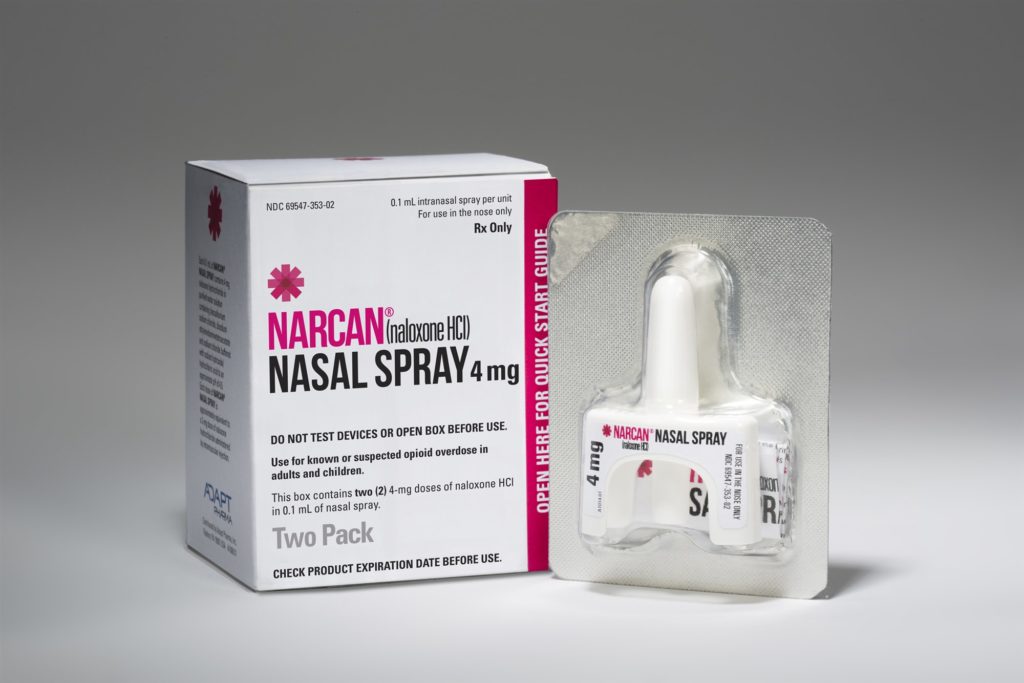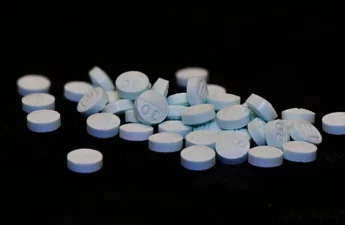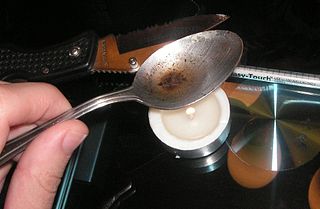
From the Washington State Department of Health
OLYMPIA – Today Washington State Health Officer Dr. Kathy Lofy signed a statewide standing order for naloxone, a medication that can reverse an opioid overdose.
The standing order works like a prescription and allows any person or organization in the state to get naloxone from a pharmacy.
“Making it easier to access and distribute this lifesaving medication to people who need it is an important step in addressing the opioid crisis and reducing overdose deaths in our state,” said Dr. Lofy. “In 2018, 710 Washington residents died of an opioid overdose.”
An overdose of opioid drugs like prescription painkillers, heroin and fentanyl can cause a person’s breathing to slow or stop. Naloxone can be given as an injection or a nasal spray to someone experiencing an overdose. It works by temporarily blocking the effects of opioid drugs.
Naloxone is very safe and does not have serious side effects if accidentally given to someone who is not experiencing an opioid overdose. If you think someone is experiencing an overdose, but aren’t sure what kind of drugs they may have taken, use naloxone.
The Department of Health encourages anyone who is at risk of experiencing or witnessing an opioid overdose to carry naloxone. People who want to get naloxone can use the standing order at any pharmacy in the state without a prescription from a health care provider.
It’s best to call ahead to make sure the pharmacy has naloxone available and check your insurance coverage. Most commercial health insurance plans cover at least one form of naloxone, but coverage and costs vary. Apple Health (Medicaid) clients can get naloxone at no cost.
The standing order will also make it easier for organizations working with people who may need naloxone to get and distribute the medication. Organizations interested in getting naloxone under the standing order need to notify the department. The department will keep a list of organizations and notify them if there are changes to the order.
Since February 2019, the department has also managed an Overdose Education & Naloxone Distribution Program to distribute naloxone kits to programs statewide for distribution to their communities. Within the first year of the program, the department expects to deliver 11,000 naloxone kits. This work is funded in part by a federal opioid grant managed by the Washington State Health Care Authority.
All of these efforts are part of the state’s comprehensive opioid response, which is focused on preventing opioid misuse, identifying and treating opioid use disorder, preventing deaths from overdose and using data to monitor and support these efforts.
You can help! Make sure you know the signs of overdose and what to do, and carry naloxone if you or someone you know might need it.


